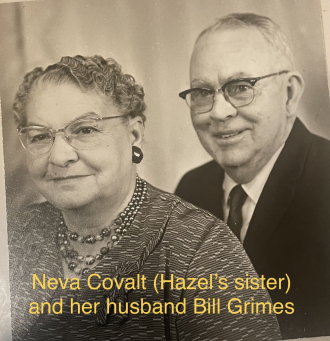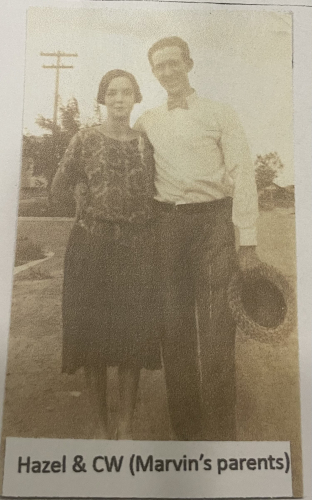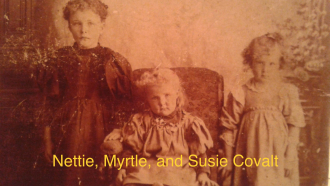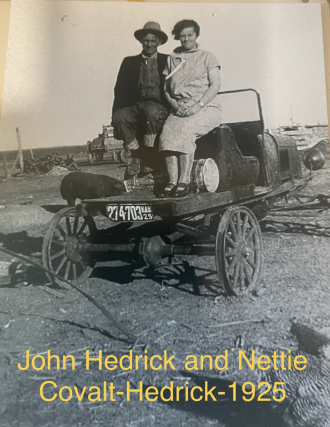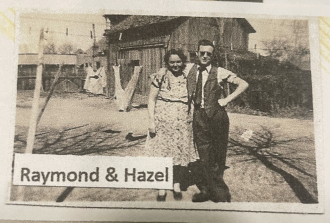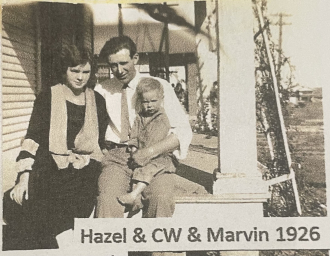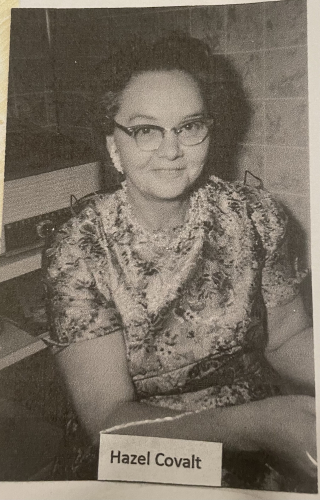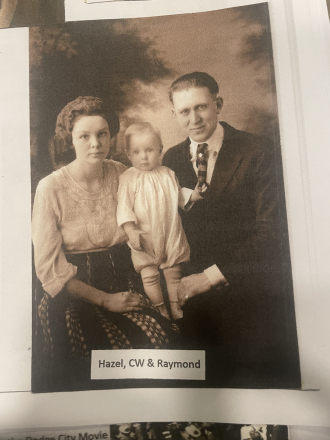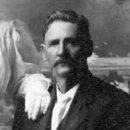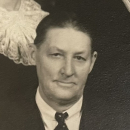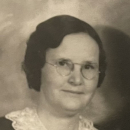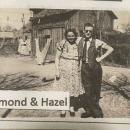Hedrick Family History & Genealogy
Hedrick Last Name History & Origin
AddHistory
We don't have any information on the history of the Hedrick name. Have information to share?
Name Origin
We don't have any information on the origins of the Hedrick name. Have information to share?
Spellings & Pronunciations
We don't have any alternate spellings or pronunciation information on the Hedrick name. Have information to share?
Nationality & Ethnicity
Germany origin. Heinrich pronounced Hine rick. Immigrated to the US in early 1800's. Name was changed to Hedrick upon arrival to US. Unsure the reason why.
Famous People named Hedrick
Are there famous people from the Hedrick family? Share their story.
Early Hedricks
These are the earliest records we have of the Hedrick family.

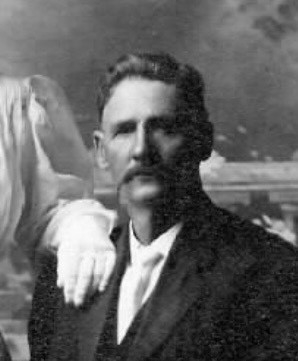
Hedrick Family Members
Hedrick Family Photos
Discover Hedrick family photos shared by the community. These photos contain people and places related to the Hedrick last name.


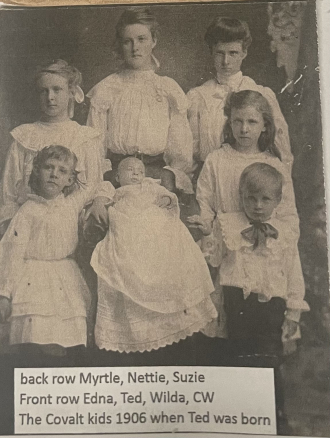
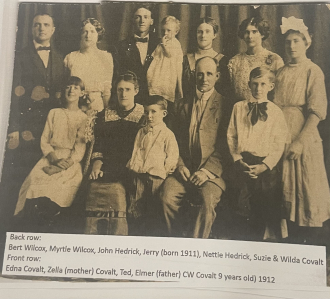
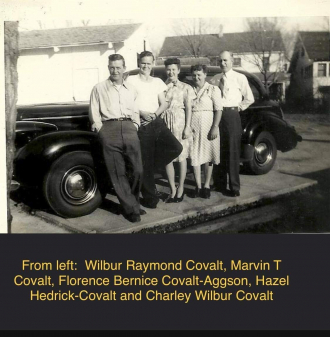
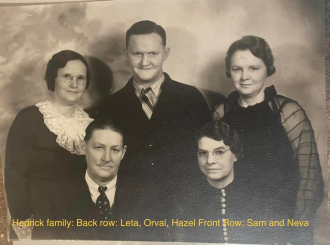
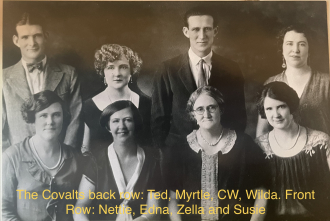
Hedrick Family Tree
Discover the most common names, oldest records and life expectancy of people with the last name Hedrick.
Updated Hedrick Biographies





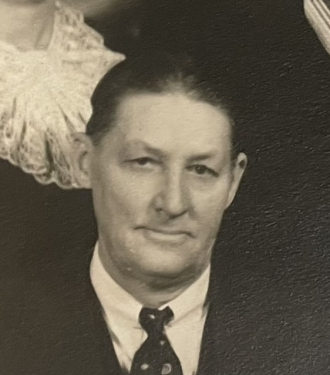

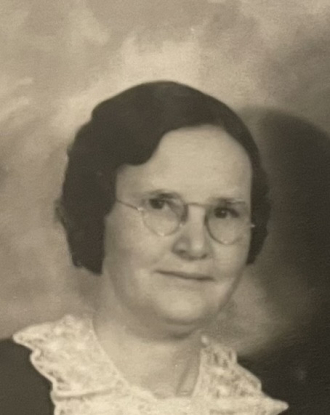

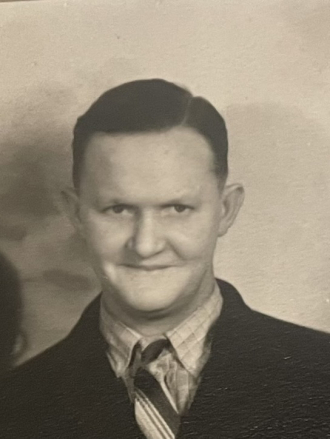

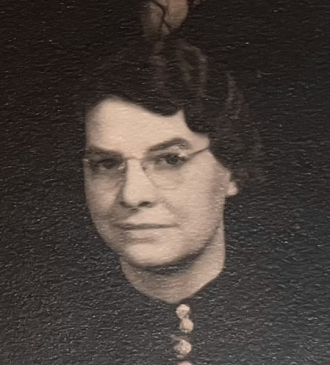

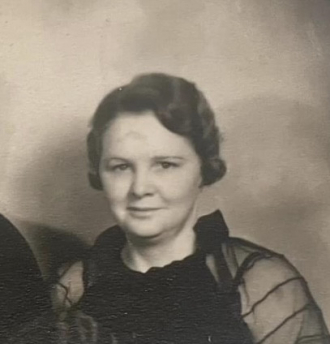

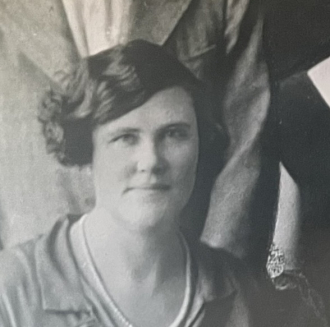
Popular Hedrick Biographies






Hedrick Death Records & Life Expectancy
The average age of a Hedrick family member is 72.0 years old according to our database of 7,020 people with the last name Hedrick that have a birth and death date listed.
Life Expectancy
Oldest Hedricks
These are the longest-lived members of the Hedrick family on AncientFaces.
Other Hedrick Records
Share memories about your Hedrick family
Leave comments and ask questions related to the Hedrick family.
A Patriot and Public Benefactor’s Work
is Done.
THE BOOK OF EARTH LIFE CLOSED.
Gen. John Morrow Hedrick passed peacefully away at his home in this city, at 5 minutes before 6 p.m. Oct. 3rd, 1886. He had been in failing health for several years, though no one until he was stricken down five days ago thought his end near. He has suffered from asthma for some years and from his army wounds for over twenty years. On Wednesday, 29th ult., he was feeling quite well and drove over to his farm, some four miles away; returning, ate a hearty dinner and in the afternoon was down in the city and in the evening appeared as well as usual and sat reading, retiring to bed a short time before his wife. The last intelligent, connected conversation he held, was to remark to his wife, to see that his asthma remedy was placed prepared at his bedside, saying that he felt as though he should need it during the night. When Mrs. Hedrick retired he was sound asleep and she soon fell into a slumber. The first distinct recollection she has afterwards was, that she was awakened by a strange, unusual noise as though a person was mumbling something indistinctly while asleep. She found him sitting upon the side of the bed, his body swaying from side to side, and unconscious, making to response to her questions. On laying him down upon the bed, she at once discovered that his right side was paralyzed. This was at 11:30 Wednesday night and Dr. Hinsey was summoned and arrived at 1 o’clock. The next day Drs. Lewis and Lathrop were also in attendance, and on Saturday Dr. Gibbon, of Chariton, the surgeon of the General’s regiment and his intimate friend, called and remained several hours. From the first the case seemed hopeless. We are confident that he had flashes of consciousness up to the morning of Sabbath day, and recognized his wife and children and some friends for a few seconds at a time. From the first his whole right side was so paralyzed as to be utterly without feeling.
From 10 o’clock on Sabbath morning until he breathed his last, he lay for the most part in a comatose state, and died without a struggle, surrounded by his family, his aged father, and many other relatives and friends.
The General was born in Rush county, Indiana, December 16, 1831; was reared upon a farm, and emigrated to this county with his father’s family in 1845, and remained with his father upon the farm till engaging as a clerk in a dry goods store at the age of 20 and upon his arriving at his majority he became a partner in the house where he was employed as clerk. The General continued in the mercantile business for nearly all the time after he engaged in it, till he entered the army as First Lieutenant of Co. D, 15th Iowa Infantry, September 20, 1861. While the regiment was in rendezvous at Keokuk, Iowa, he was promoted to the captaincy of Co. K, of the 15th, and in the first day’s battle at Shiloh his regiment was to the front in Gen. Ben Prentiss’ command and there he was quite severely wounded and taken prisoner. He was six months in various prisons in the south and finally parolled October 18th, 1862, and came to his home in this city where he remained until exchanged and then joined his regiment at Lafayette, Tennessee, Feb. 9th, 1863. He was soon thereafter promoted to the Majority of the Regiment and on the 22nd of April following was commissioned Lieutenant Colonel. The spring of 1864, on account of Iowa allowing her soldiers at the front to vote, the Republican State Convention designated the General as a delegate to the National Convention, sitting that year in Baltimore, when convention renominated Lincoln for President, the General being an earnest supporter of his nomination.
On the 22nd of July, 1864, in the fierce fighting of that day before Atlanta, Ga., Gen. Hedrick received a fearful wound to the hip, the ball passing on and near to the spine and while being borne from the field received another ball through his arm. His wounds proved nearly fatal, and when he did get able to be around he went on crutches for many months. Unable to take the field he was detailed for duty in the war department in Washington, and remained there from March, 1865, to September 1866. He was a member of the court martial that tried the conspirators who expiated their offense upon the gallows for the murder of Lincoln, and the attempted murder of Secretary Seward and others. Upon the fall of Atlanta the colonel of the Regiment W. W. Belknap was promoted to be Brigadier General, and Hedrick was promoted to the colonelcy, this commission dating August 20th, 1854. He was soon after commissioned Brevet Brigidier General for conspicuous gallantry upon the field of battle. In 1866 he was appointed postmaster of this city and held that office until he resigned to take the position of Supervisor of Internal Revenue for Iowa, Nebraska, Minnesota, Colorado and Dakota in 1870. He held this position until 1876, and until under a revision of the corps of the Internal Revenue officials, when supervisors were superceded by revenue agents. While supervisor he was detailed to take charge of the great whisky fraud cases in Milwaukee and Chicago, which, at that time attracted the attention of the while country. His marked ability, indomitable energy, fearless fidelity to duty and sterling integrity brought him into wide and extended notice through the northwest, especially at that time, and he was highly complimented by the Secretary of the Treasury for his eminently satisfactory discharge of so important a service.
IN 1866 this paper passed into the hands of several stockholders and the General was chosen as its editor and so remained until August, 1869, when the ownership of the paper was vested in the General and its present proprietor and editor as joint owners. From that time forward the editorial charge was in the hands of both its owners until January 1st, 1878, when he sold his interest to the present proprietor. He was a delegate at large from Iowa to the Chicago convention in 1868 which first nominated Gen. Grant for President and was one of the committee appointed by the convention to notify Gen. Grant of his nomination.
On retiring from the COURIER the General gave his attention chiefly to his own affairs, but was ever alive and to the forefront in all public enterprises for the advancement of the growth and prosperity of this city. Some eight years ago he built a street railway in the city which he was still operating., and which has proven profitable to him, as well as a great convenience to the pubic. He always gave liberally to all public enterprises, his large gifts of this character amounting to thousands of dollars.He was especially the citizen of all others to represent our people abroad in railroad projects, and he has given of his time months without compensation in this direction, for the public good, having no other interest save one in common with other citizens. He was peculiarly the citizen above all others who finally secured for our city that great railroad thoroughfare the C., M. & St. Paul now laying such broad foundations for business among us, and which is rapidly pushing on to Kansas City. The life of the General since the close of the Rebellion has been intimately and most prominently interwoven with the material advancement of city and county. Reared on a farm, he took great interest in agriculture and has been president of our agricultural society, and paid liberally to promote its interests.
No citizen could have been taken from among us, who would be more universally missed by the people of this county and city, and none more mourned.
He was united in marriage in 1853 to Matilda Caroline Haines, who survives him, a most estimable lady, on whom we know he leaned with loving confidence in all his severe trials. Five children also mourn with their mother their irreparable loss, vis: Kate M. Ladd (a widow with two children), Howard L., Charles M., Harry McPherson, and Carita B.
His aged father, Hon. John W. Hedrick at the advanced age of 77, still quite hale, mourns this his second son sacrificed on the alter of his country. Several brothers and sisters to, are left to mourn their eldest brother.
A deeply sympathizing community, one and all, mingle their tears with the bereaved relatives. The writer himself has known the General for thirty years, and been his intimate friend since the war. For twenty years it may be said we have officed together. His desk still sits in our office, and his big arm chair, with his papers and writing material, as he left them only last Tuesday afternoon for the last time,w ere silent, but most sadly and painfully suggestive reminders this morning, as we entered our office, that his genial, cheering, friendly presence will never more be ours to enjoy. For all these years of social intercourse, during eight of which we were associated as editors and proprietors of this paper, our relations were most cordial, and without a single element of contentious discord. We often differed in sentiment, but always honestly differed. We were quite unlike by nature, and yet perhaps never in all our thirty-two years of Iowa life, have we outside the ties of consanguinity, had a companion and friend whose greeting and presence was as pleasant and agreeable as was his. We recall it as a brother affection which we shall even been with us in sweet remembrance. When he differed with us, however, widely and keenly, his generous nature laid it aside as undebateable ground between us.
His was a generous noble spirit-a brave and faithful soldier, and yet of most tender heart-a civil officer, able and faithful-a citizen public spirited almost to a fault, if such fault there be-a friend most genial and inspiring, and a husband and father rich in that affection which entwined him in the hearts of his family. As such, we feel that it is well with him and we leave him with his God, the angel mother who bore him, and to be borne in dear remembrance by his bereaved family and friends.
The funeral services will office at the family residence at 9:30 a.m., Tuesday, Oct. 5th.
Followers & Sources

